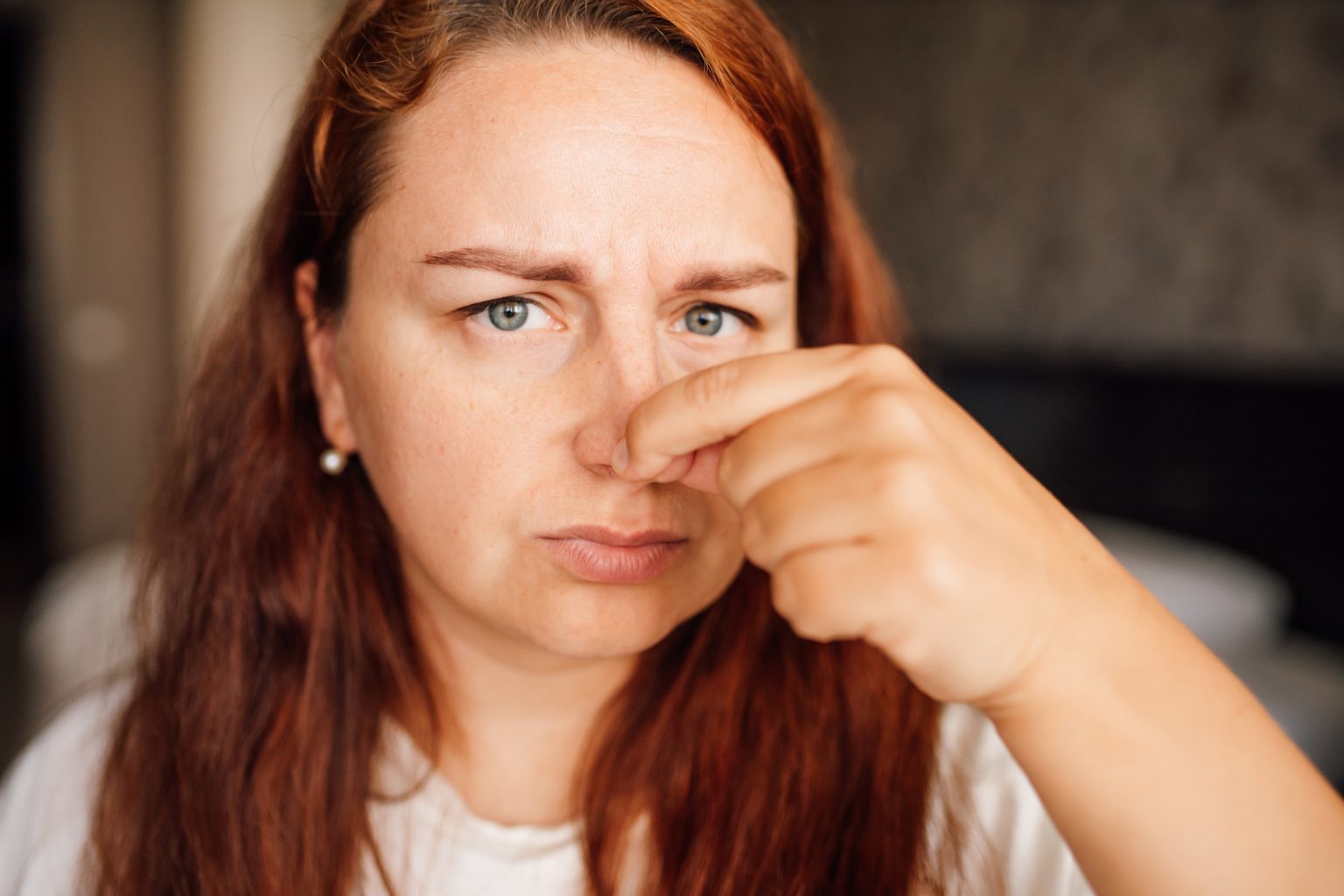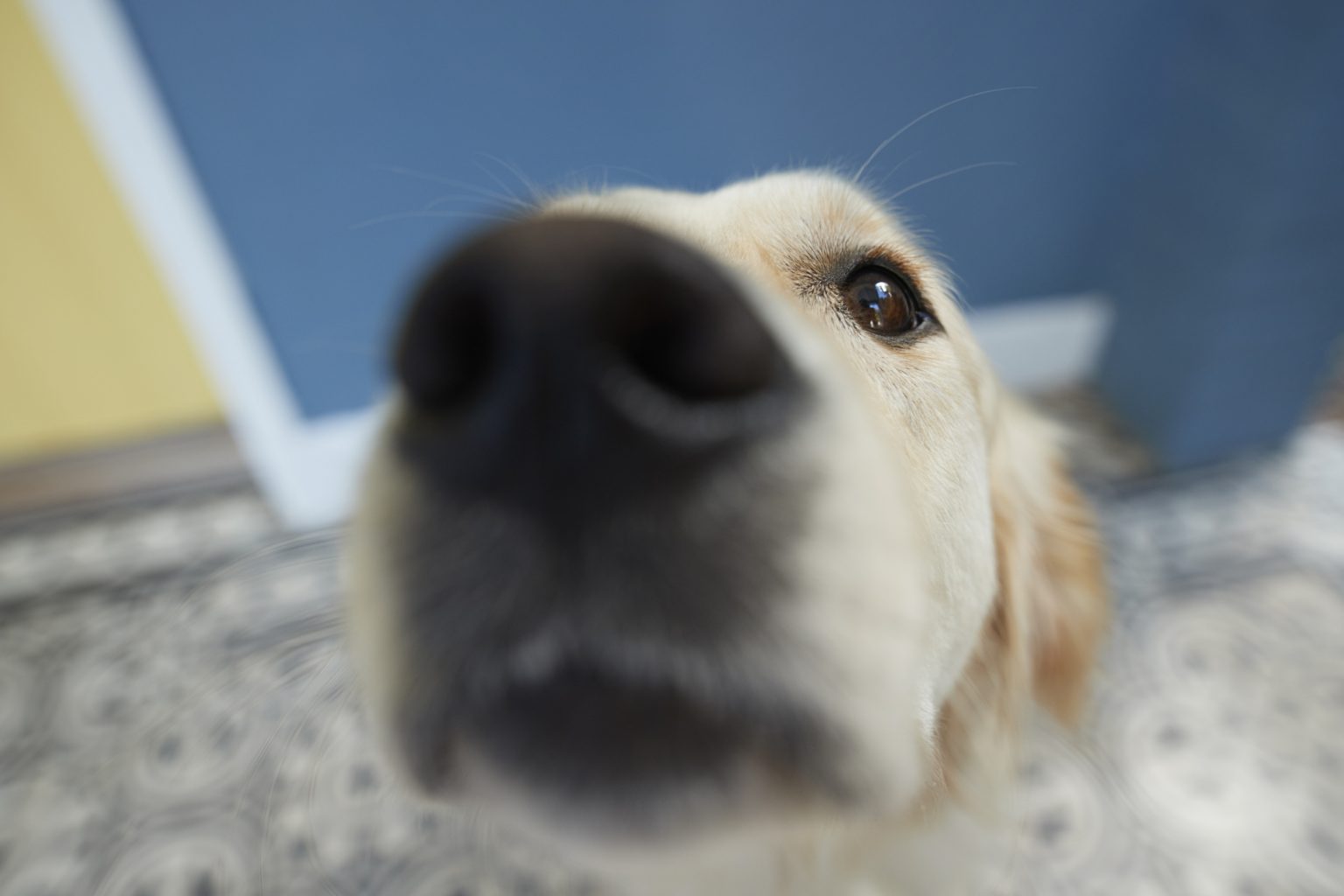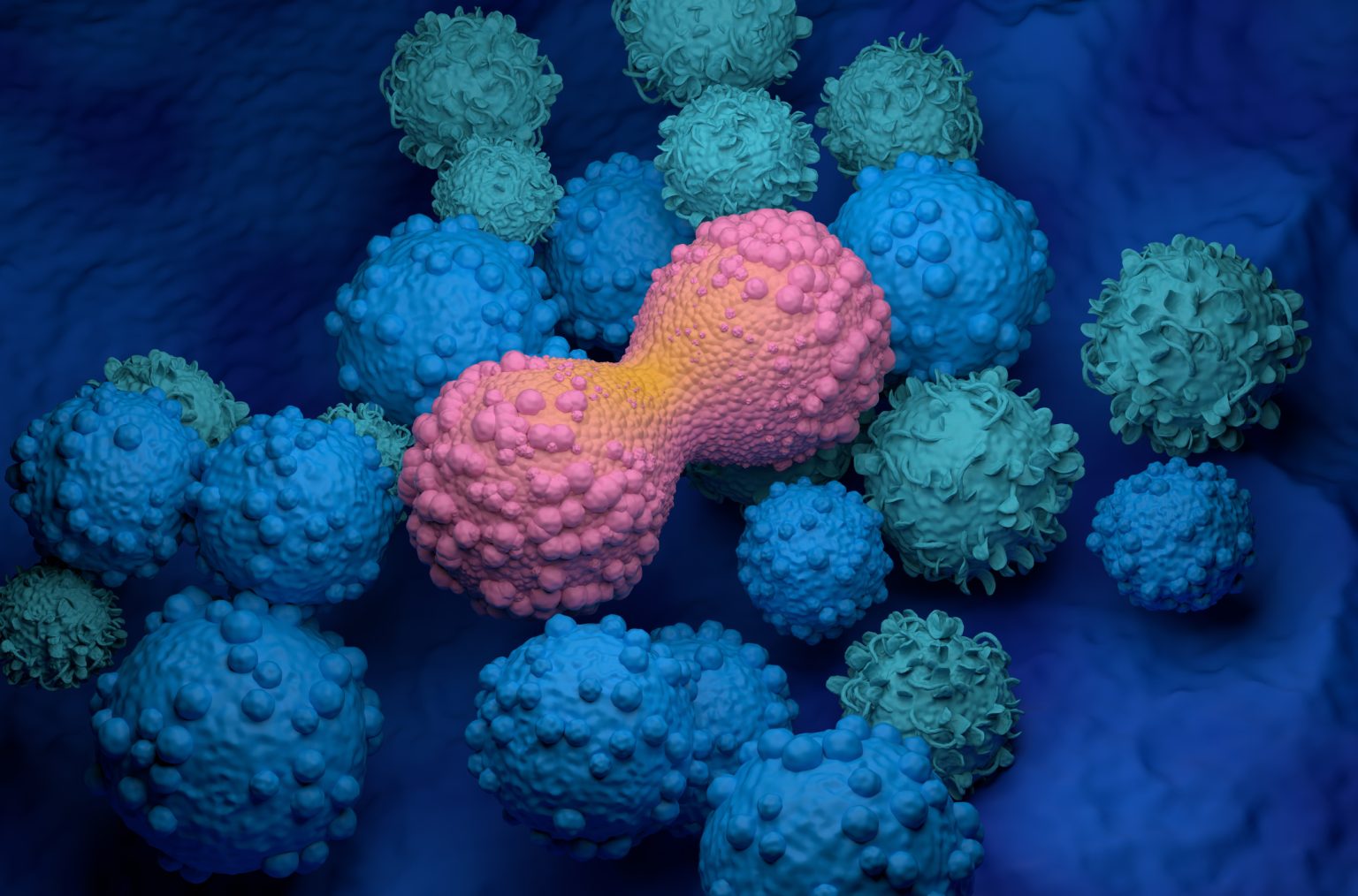When we think of cancer, we picture a silent threat within the body, but what if cancer had a smell? Strange as it may sound, there’s growing research that suggests some cancers might emit odors—although not in the way you’d expect. It’s not like you can just walk past someone and smell cancer; it’s a bit more complex and fascinating than that. Let’s explore how cancer could potentially produce odors, how treatments affect body smells, and even how dogs might be better at detecting cancer than humans.
The Science Of Volatile Organic Compounds (VOCs)
First off, cancer doesn’t have a scent like your morning coffee or a bouquet of flowers. What makes this topic intriguing is the role of volatile organic compounds (VOCs)—chemical substances released during biological processes in the body. Cancer cells exhibit distinct growth patterns compared to healthy cells, leading to the release of VOCs through breath, sweat, urine, and other bodily fluids.
One group of compounds often linked to cancer smells are polyamines. Cancerous cells exhibit higher levels of these compounds due to their rapid multiplication. While humans generally can’t smell these compounds, trained machines or dogs might be able to detect them, which could lead to future diagnostic breakthroughs.
Can Humans Smell Cancer?
So, do people actually smell cancer? While some individuals claim they’ve noticed a distinct odor on themselves or loved ones before a diagnosis, this isn’t a universal experience. Most of the time, cancer doesn’t emit a smell that humans can detect. That said, in cases where a tumor causes ulcers or infections, it may lead to foul-smelling bodily odors. For instance, cancer-related ulcers can create an environment for bacteria to thrive, and that’s where the smell often comes from—not the cancer itself.
In some cases, advanced cancers might cause noticeable body changes, but these are typically signs of complications rather than the disease itself. For most people, cancer remains odorless unless there are other factors at play, such as infections or treatment effects.

Dogs: The Ultimate Cancer Detectives?
Humans might struggle to detect the faint scents linked to cancer, but dogs have shown an incredible ability to do so. Studies have trained dogs to detect cancer by sniffing out breath, urine, or other samples, thanks to their super-sensitive noses. One study even showed dogs detecting cancer with an accuracy rate as high as 98%. Pretty amazing, right?
What makes dogs so special is their ability to detect VOCs at levels far beyond human capacity. Researchers are even developing technology that mimics dogs’ noses to help doctors detect cancer earlier. While these sniffing dogs are not yet a regular part of cancer screening, the potential they offer for early detection is exciting.

What Does Cancer Smell Like?
Now, let’s get to the question on everyone’s mind: what does cancer smell like? Descriptions vary. Some people say it smells like “fermented fruit,” while others describe it as “metallic” or “chemical.” Not everyone experiences these odors, and byproducts of cancer-related processes or complications like infections are more likely to cause them.
When the cancer is near the skin or in an area prone to infection, such as an ulcerated tumor, the smell is more likely related to bacterial overgrowth than to the cancer itself. Think of it as more of an indirect smell—the cancer may cause the conditions that lead to a noticeable odor, but it’s not necessarily the cancer you’re smelling.

Cancer Treatments And Body Odor
Interestingly, cancer treatments such as chemotherapy are much more likely to cause changes in body odor than cancer itself. Chemotherapy drugs are powerful, and as they work through the body, they can cause noticeable shifts in how a person smells. Some chemotherapy drugs produce a metallic or chemical scent that lingers in sweat, urine, and even breath.
Patients often describe this scent as being difficult to ignore, and it can worsen if the person is dehydrated. Additionally, chemotherapy can lead to dry mouth and nausea, both of which can cause unpleasant breath. Changes in the color and smell of urine are also common during treatment.
Could Cancer Detection One Day Rely On Smell?
Although it may seem like science fiction, real research underpins the idea of using smell to diagnose cancer. The goal is to develop devices that can “sniff out” cancer much like trained dogs do. By identifying the specific VOCs that cancer produces, scientists hope to create tools that can detect cancer in its early stages—when it’s easiest to treat.
Currently, this technology is still in development, and most people rely on traditional diagnostic methods like imaging scans and biopsies. But as researchers continue to explore the world of VOCs, we may one day see non-invasive tests that use a simple breath or urine sample to diagnose cancer early on.

The Final Sniff
So, does cancer smell? The short answer is yes and no. While most cancers don’t give off a smell that we humans can detect, there are unique biological processes that produce subtle odors—often detectable only by trained animals or sophisticated technology.
For now, dogs seem to be leading the charge in sniffing out cancer, and ongoing research is exploring how we can use this knowledge to develop better diagnostic tools. In the meantime, if you’re concerned about any changes in your body, odor-related or otherwise, it’s always a good idea to consult a healthcare professional.
While we can’t yet smell cancer in the same way we recognize other diseases, the future may bring exciting advancements in how we detect and treat this illness, perhaps using nothing more than the power of smell!








+ There are no comments
Add yours